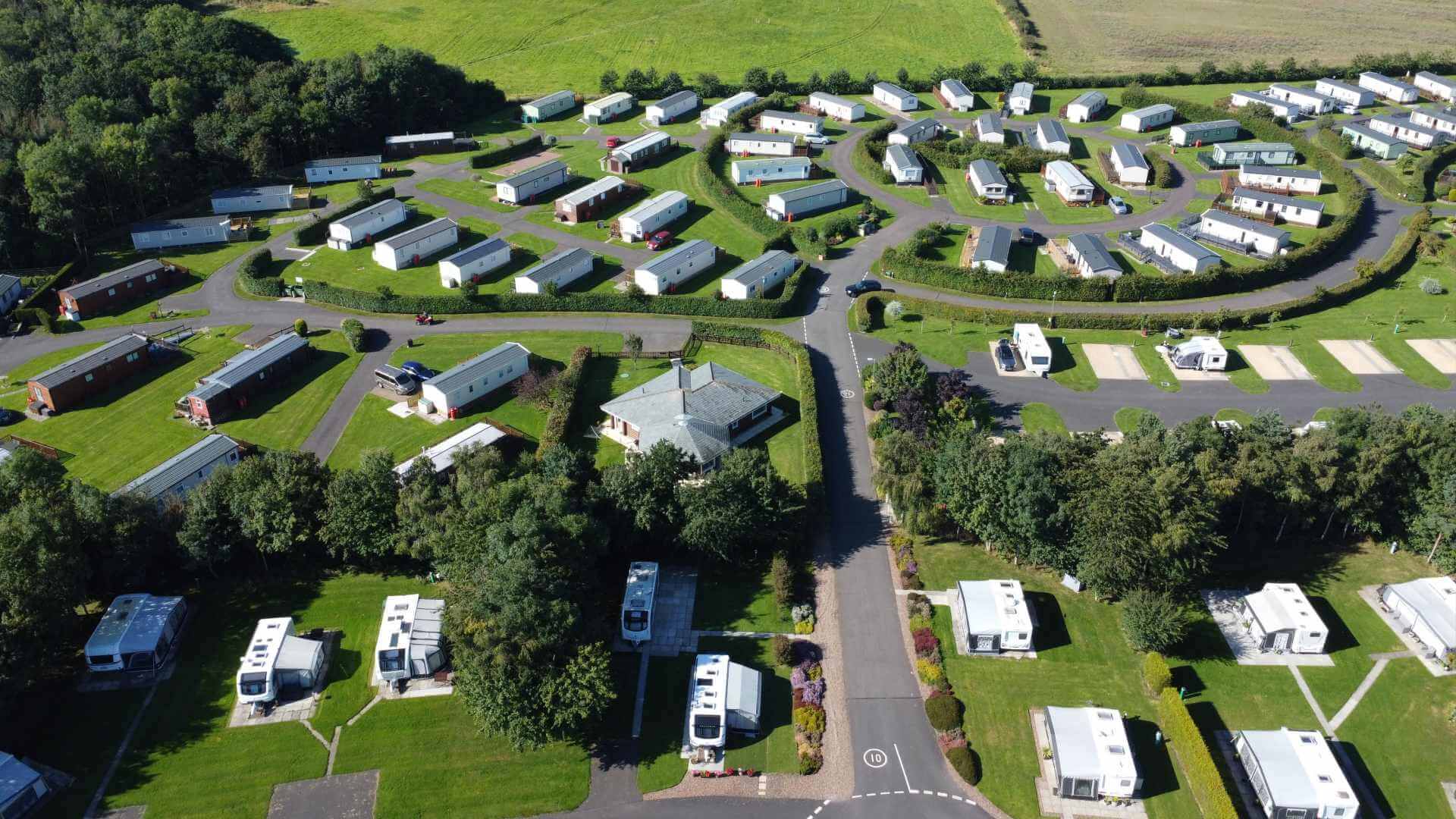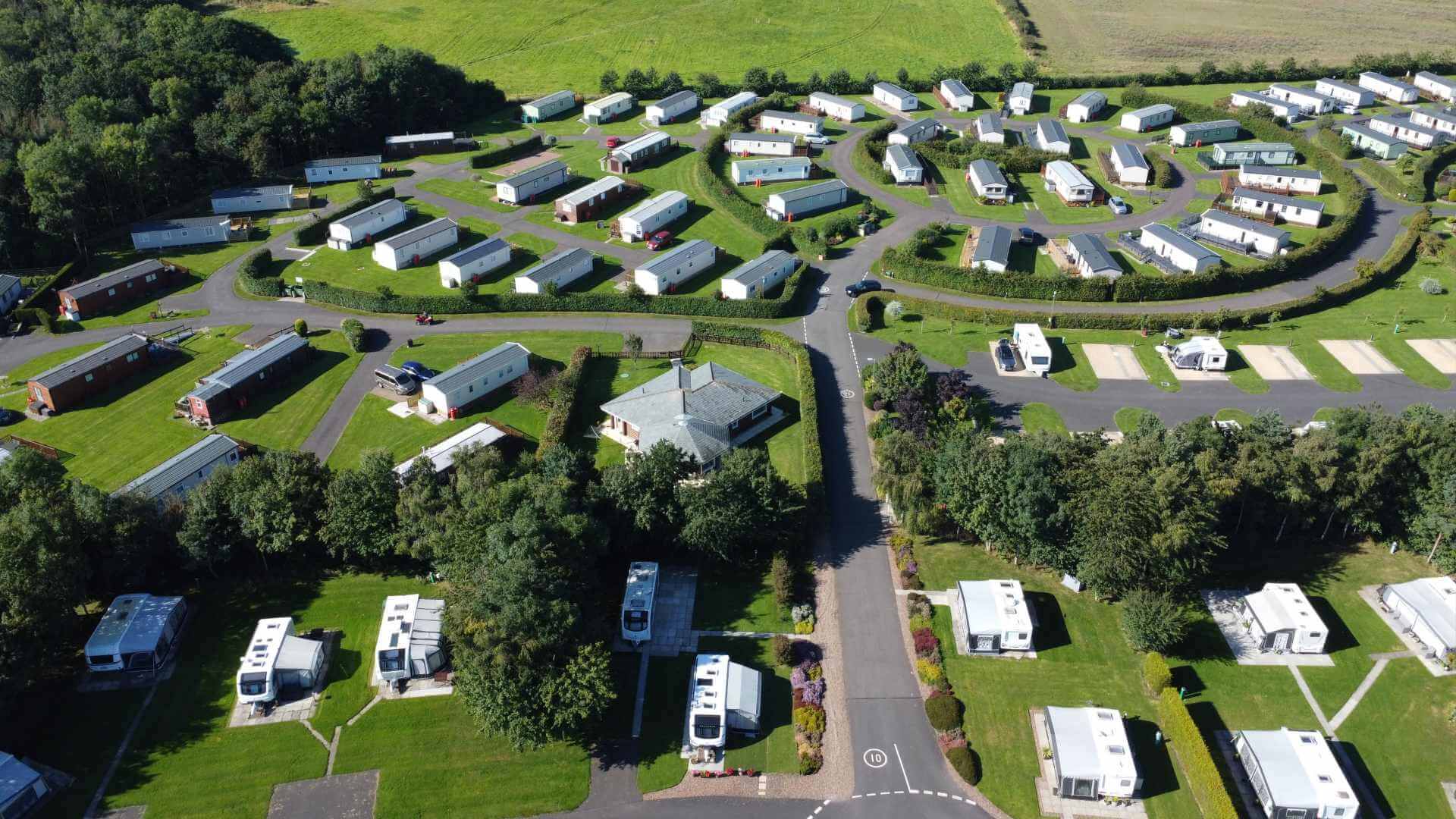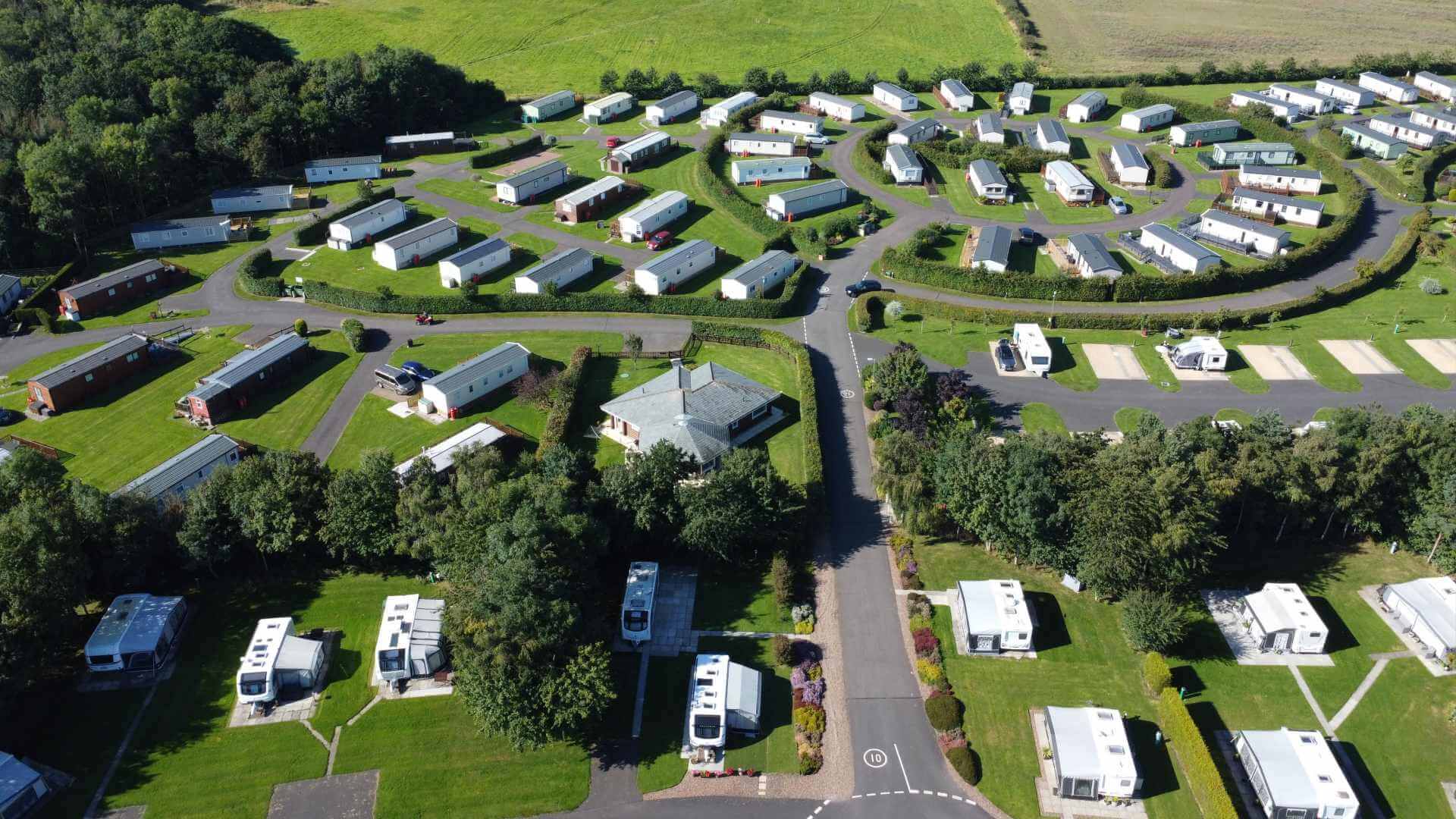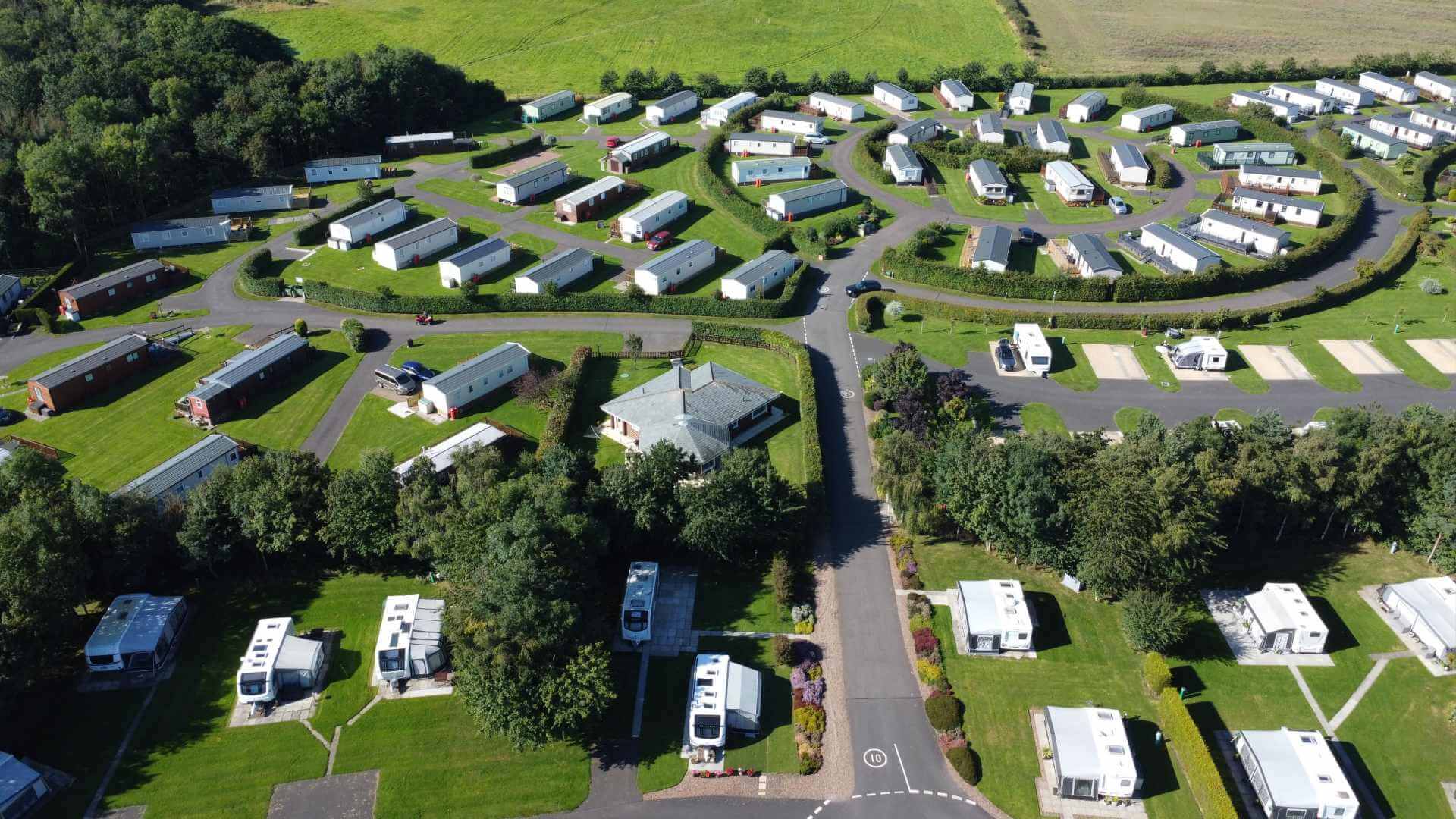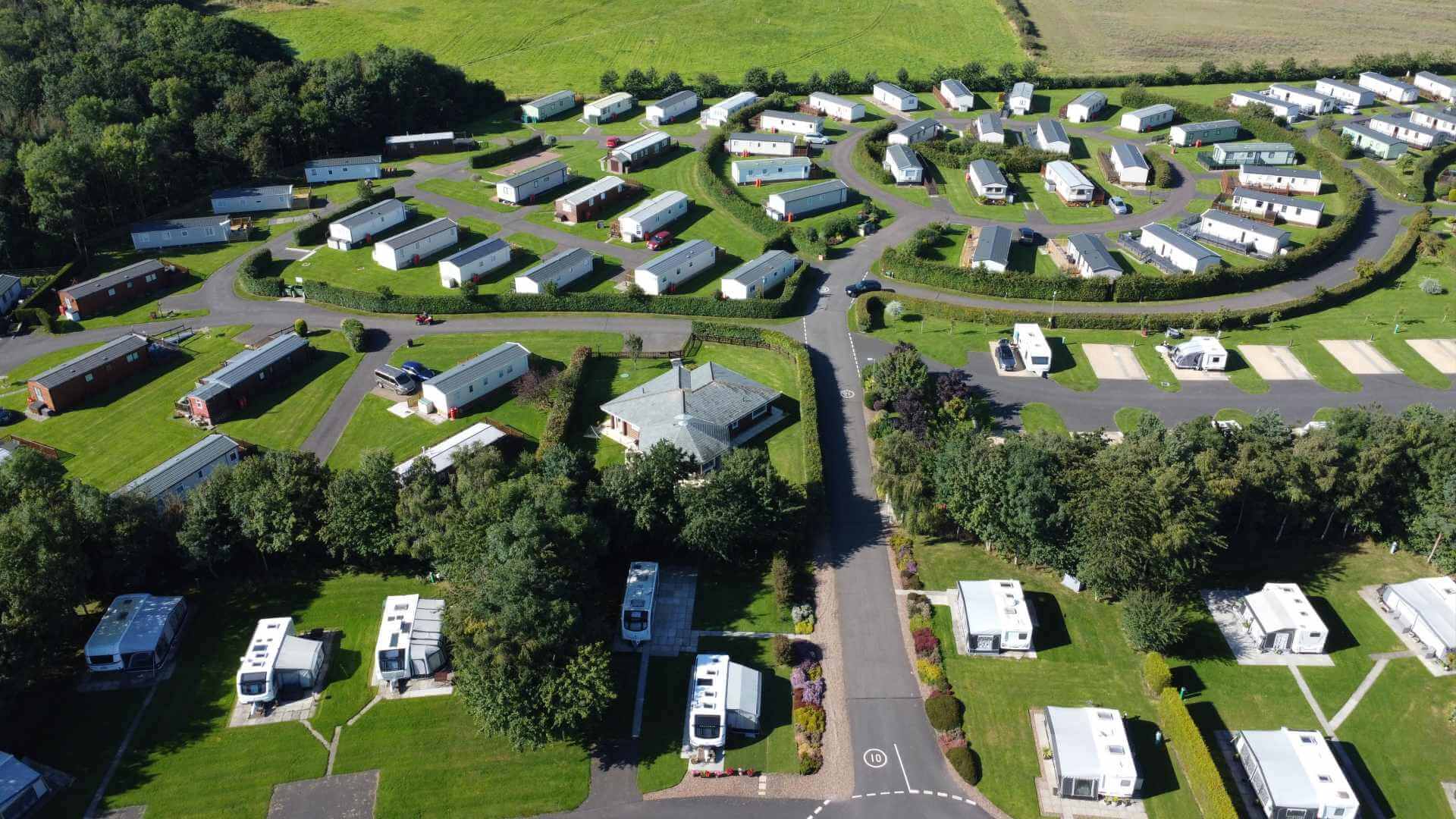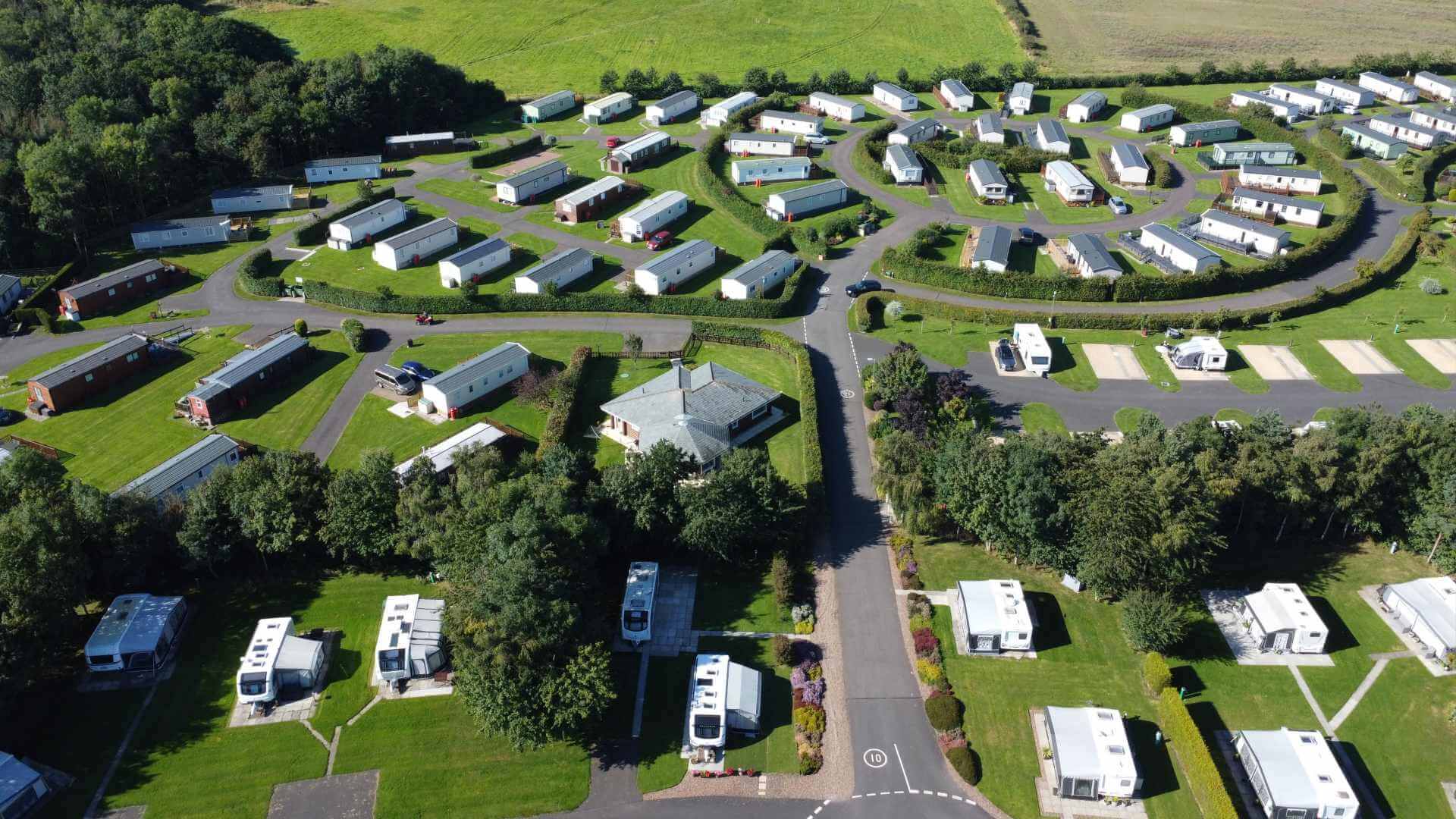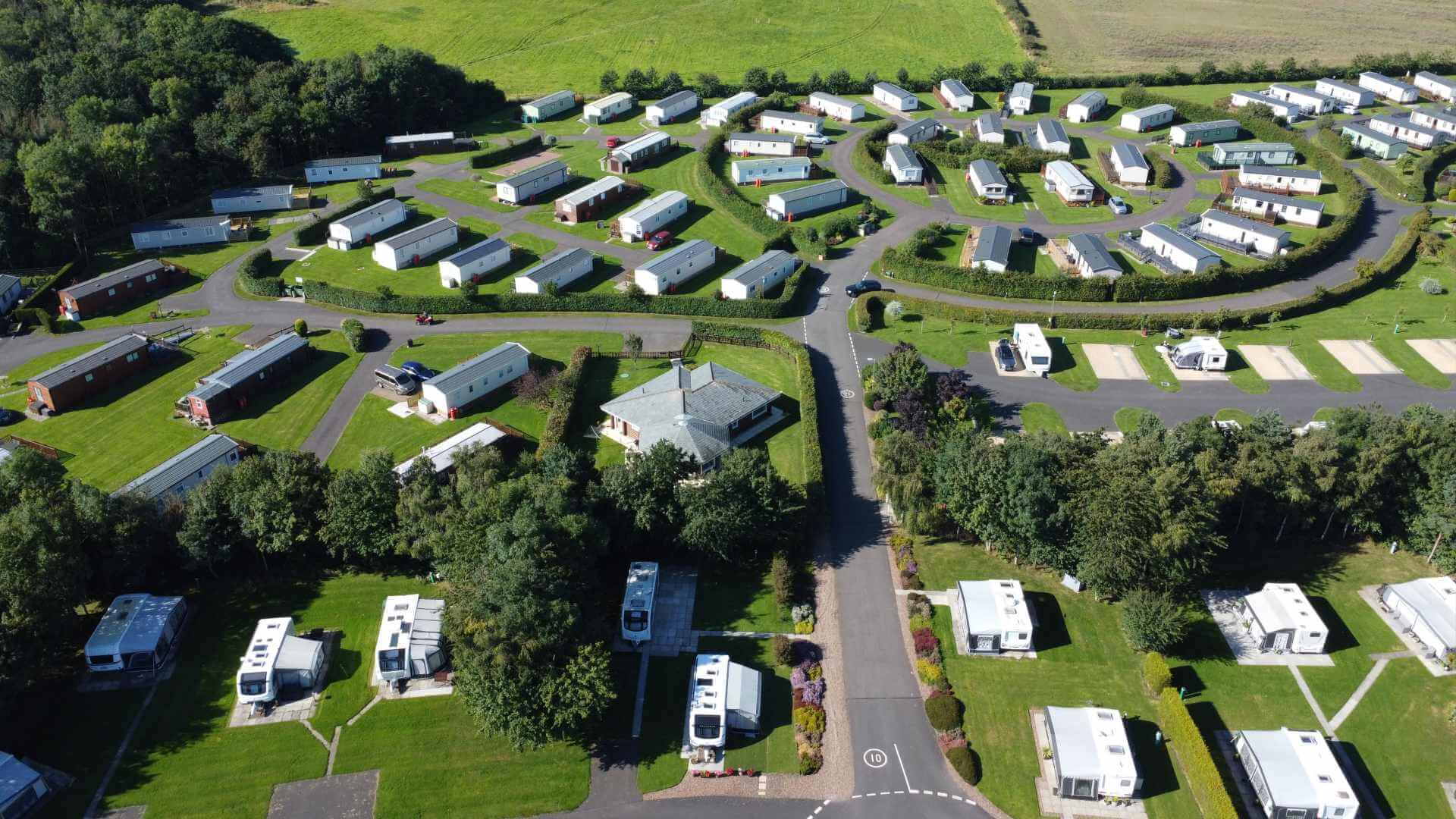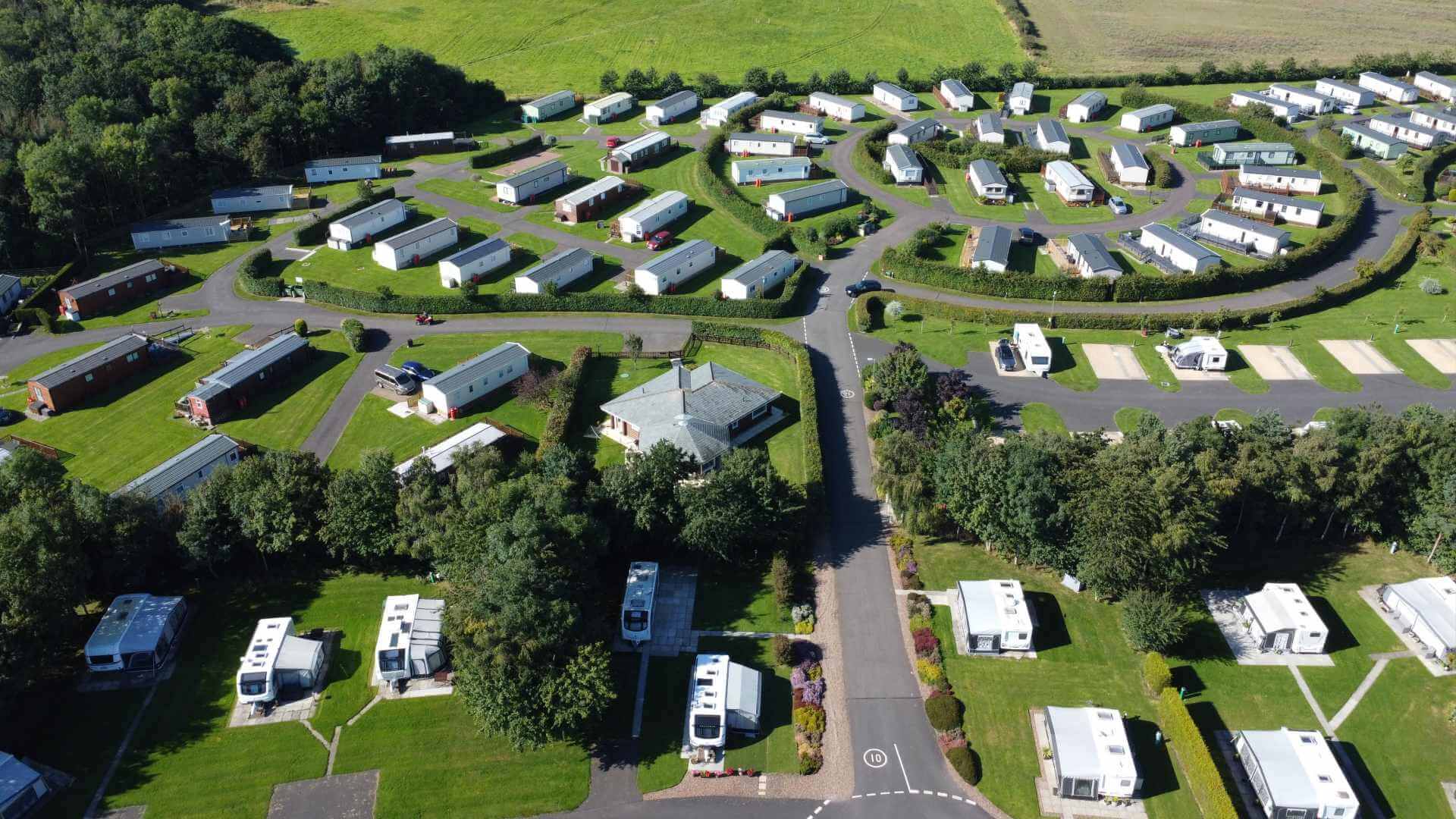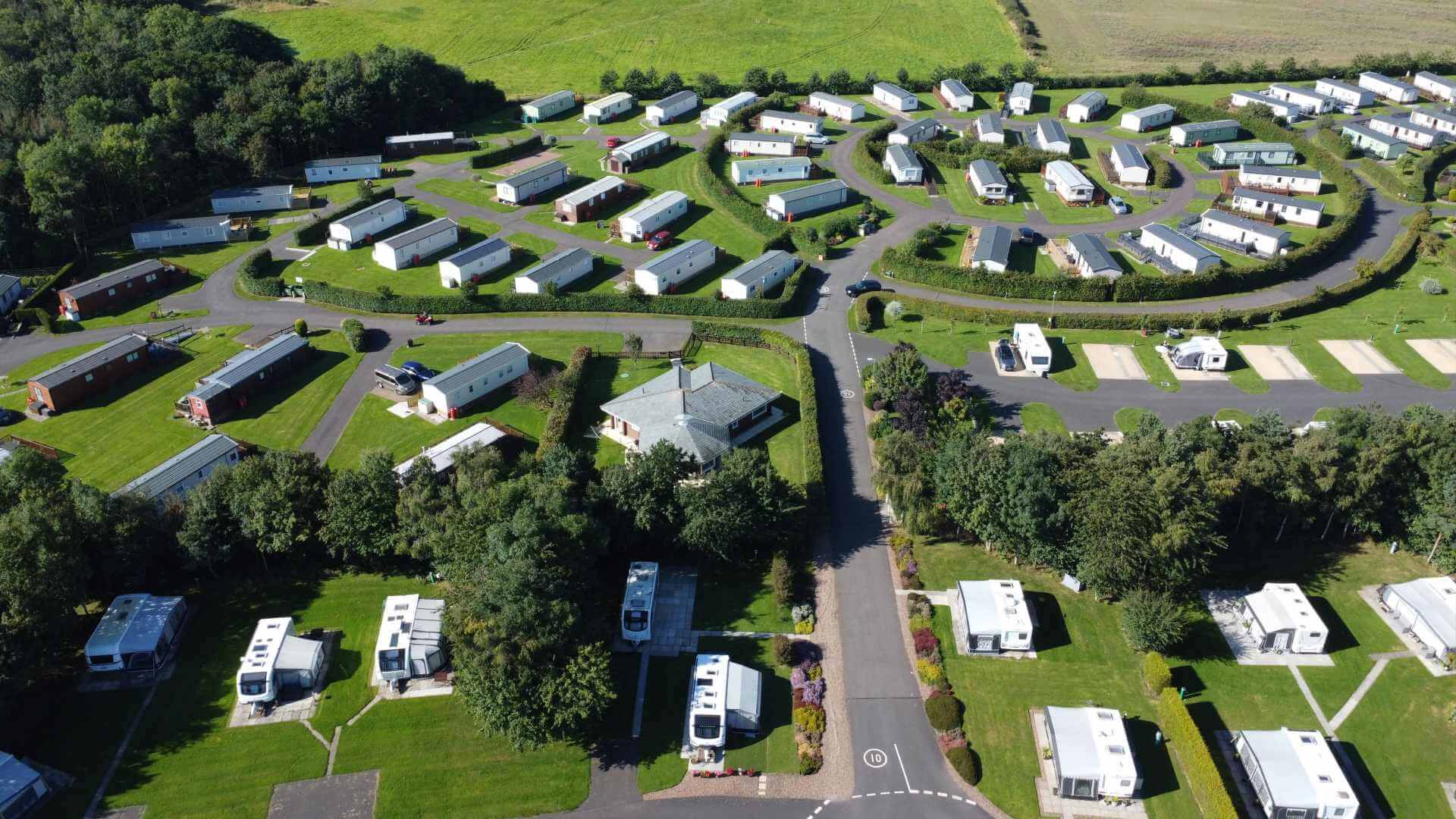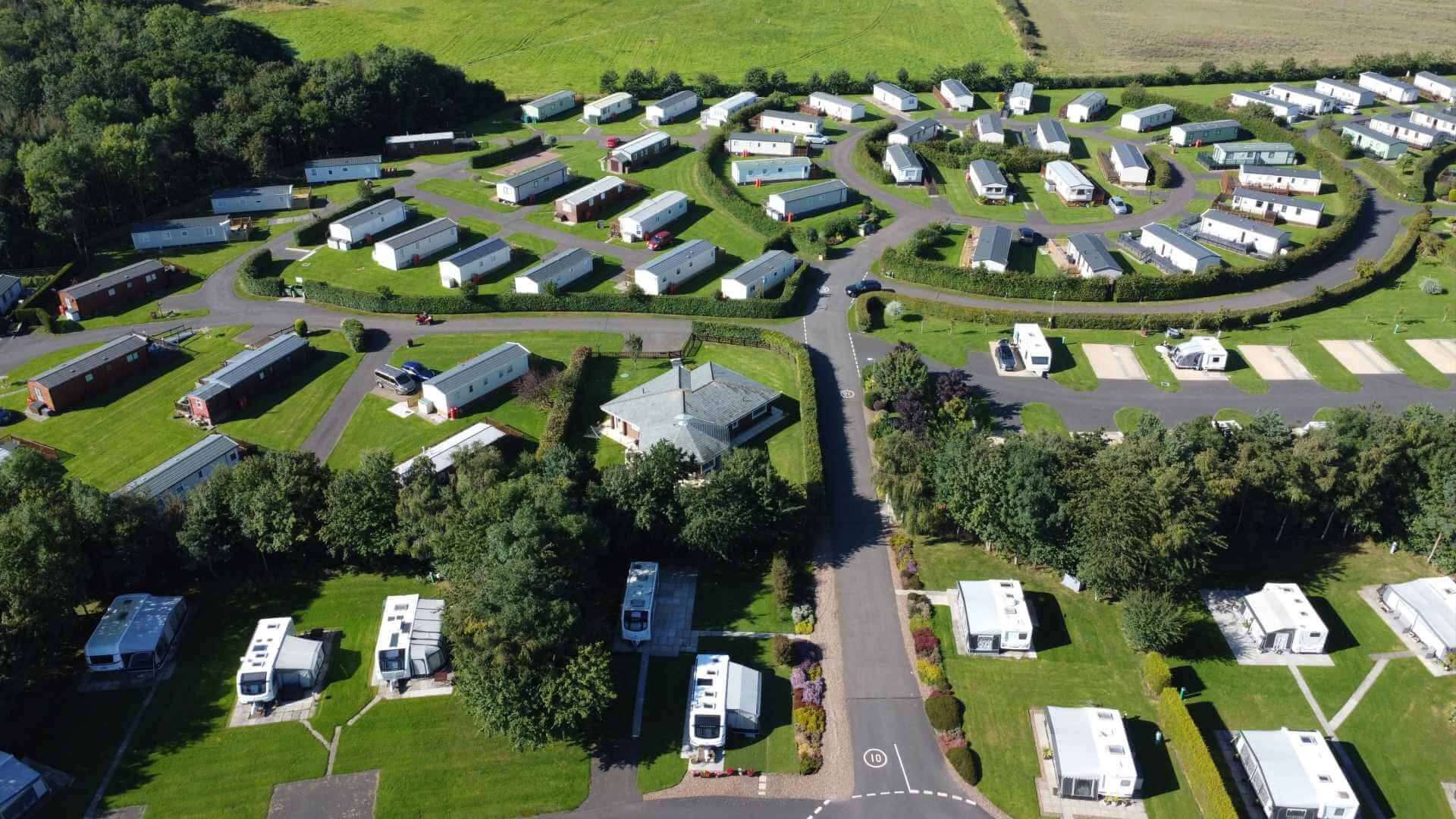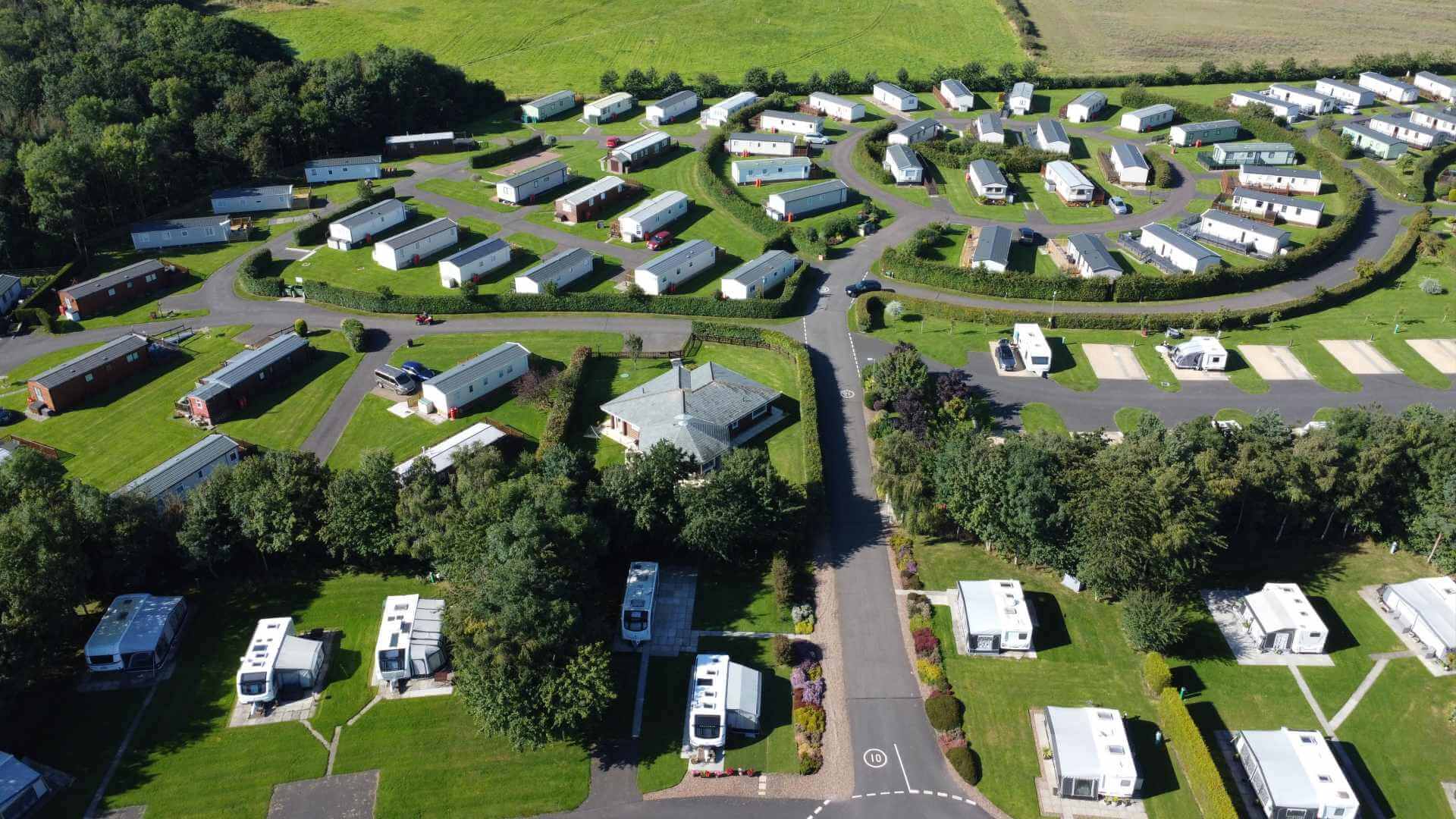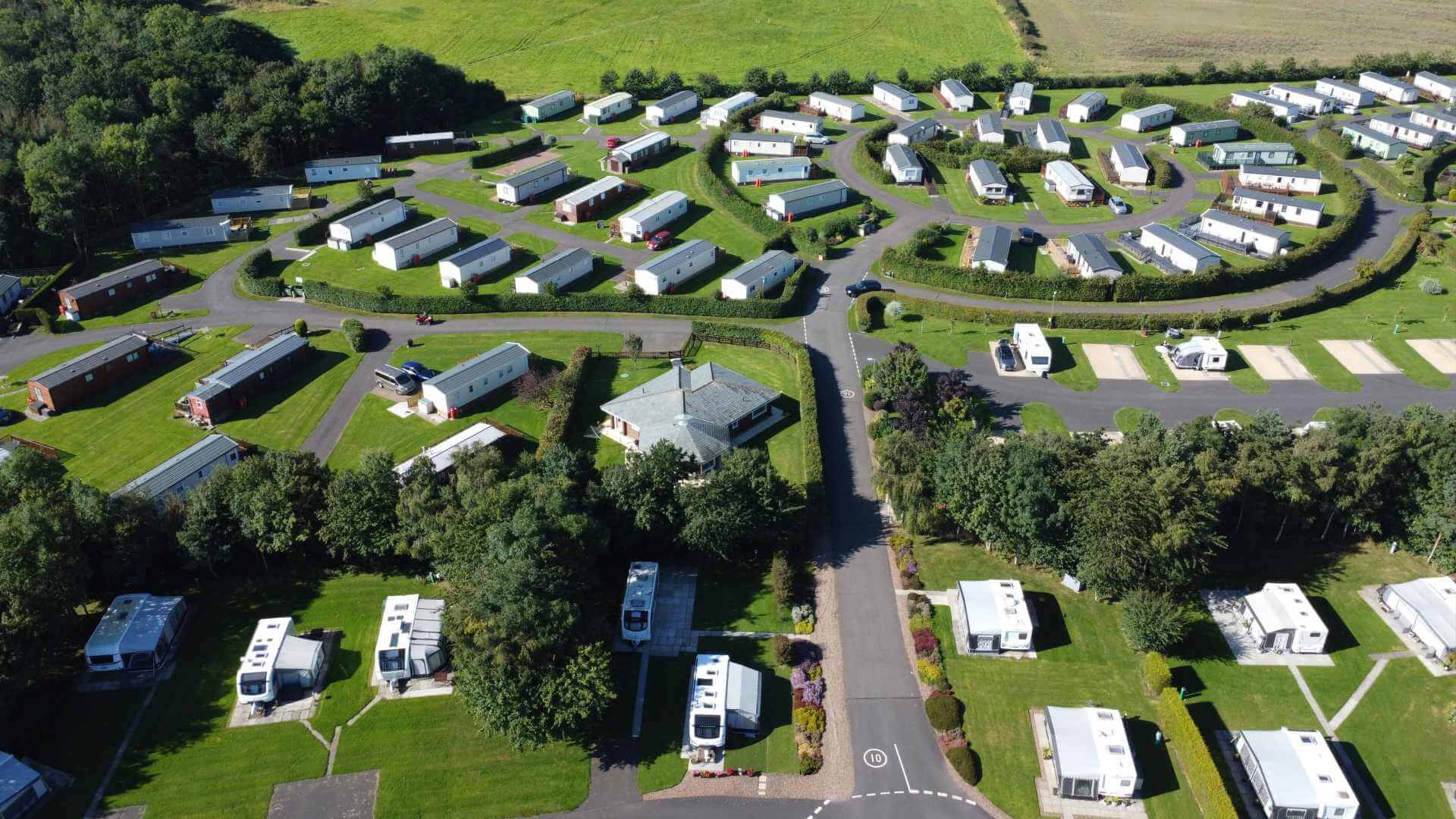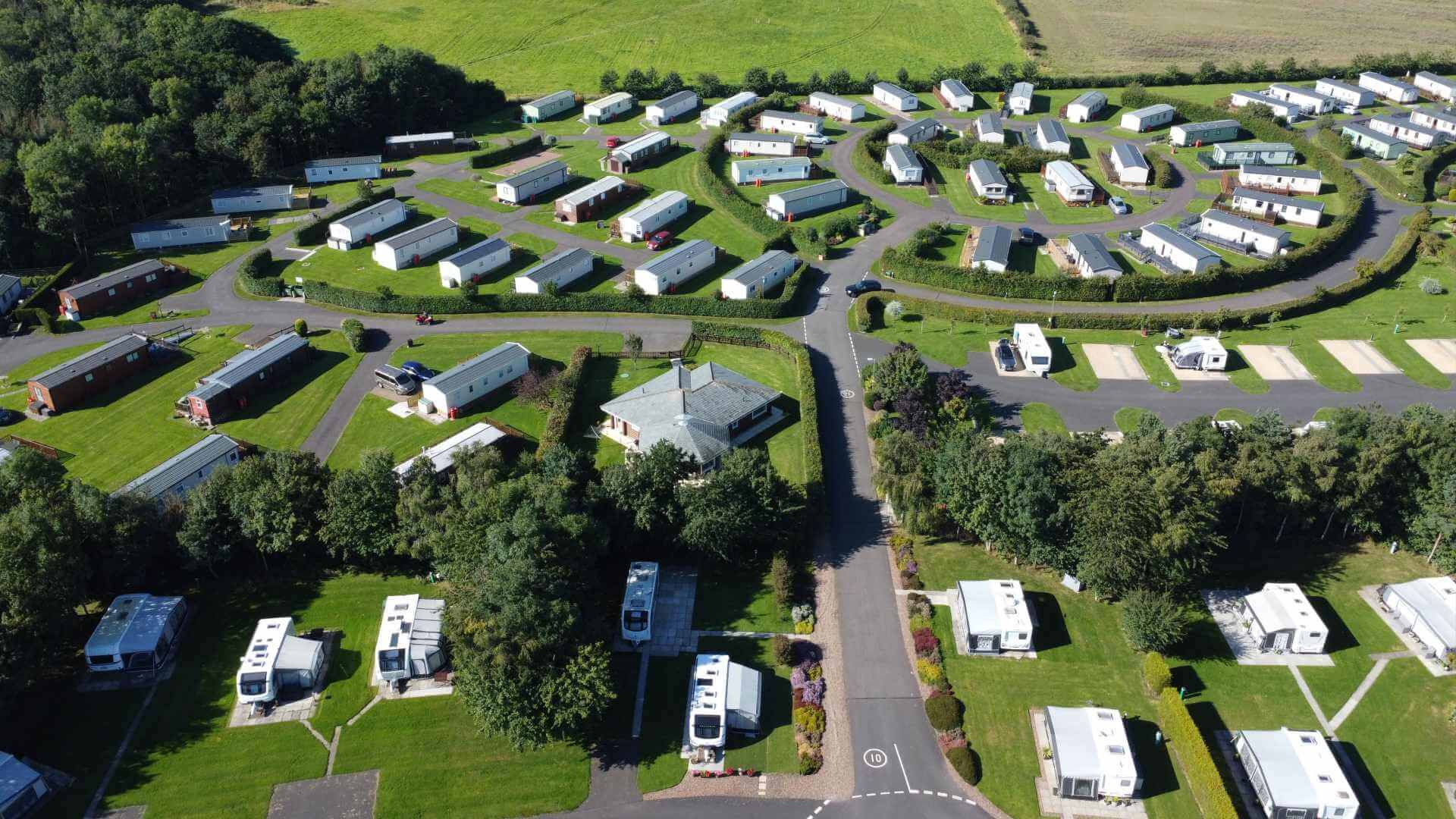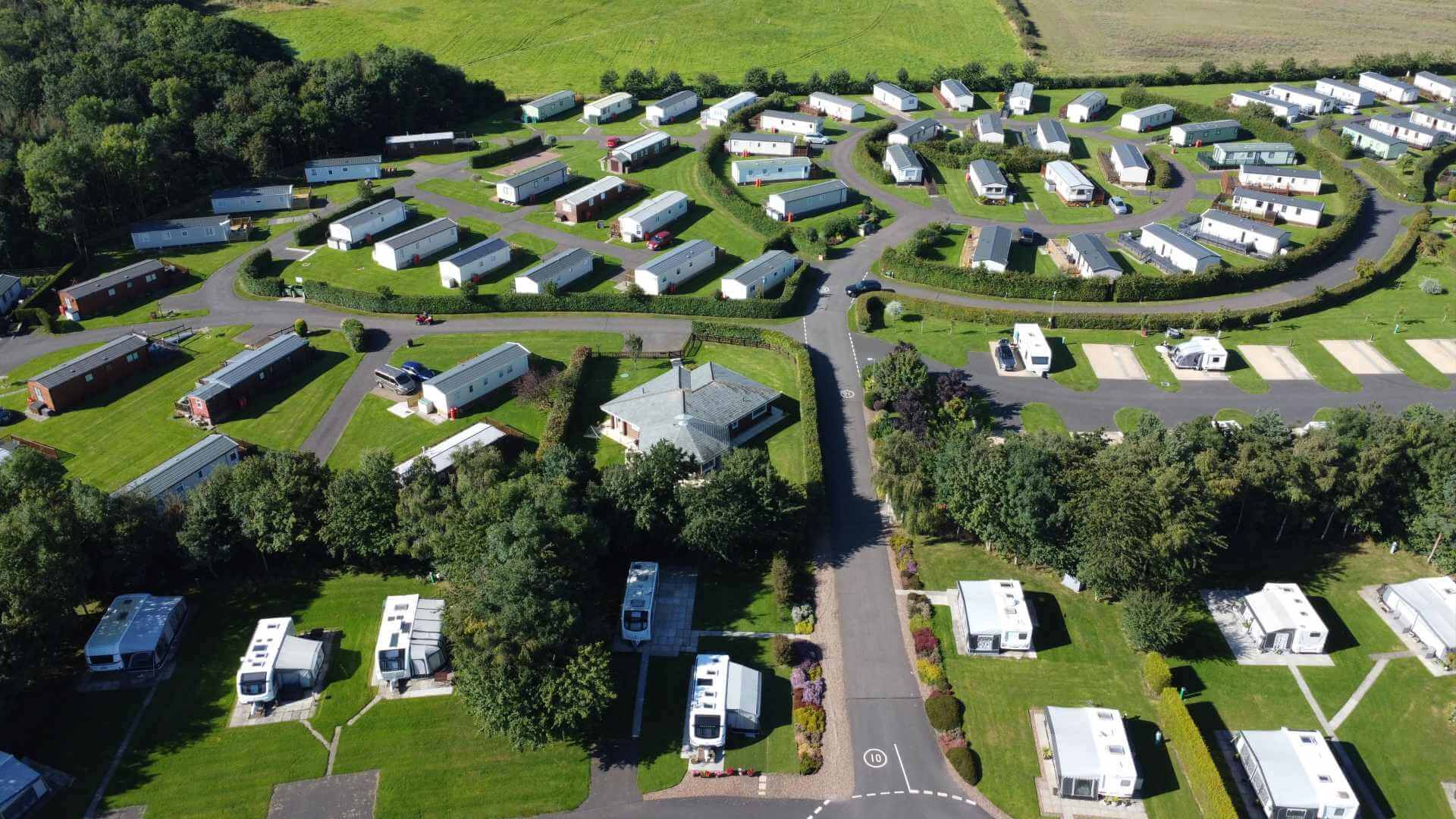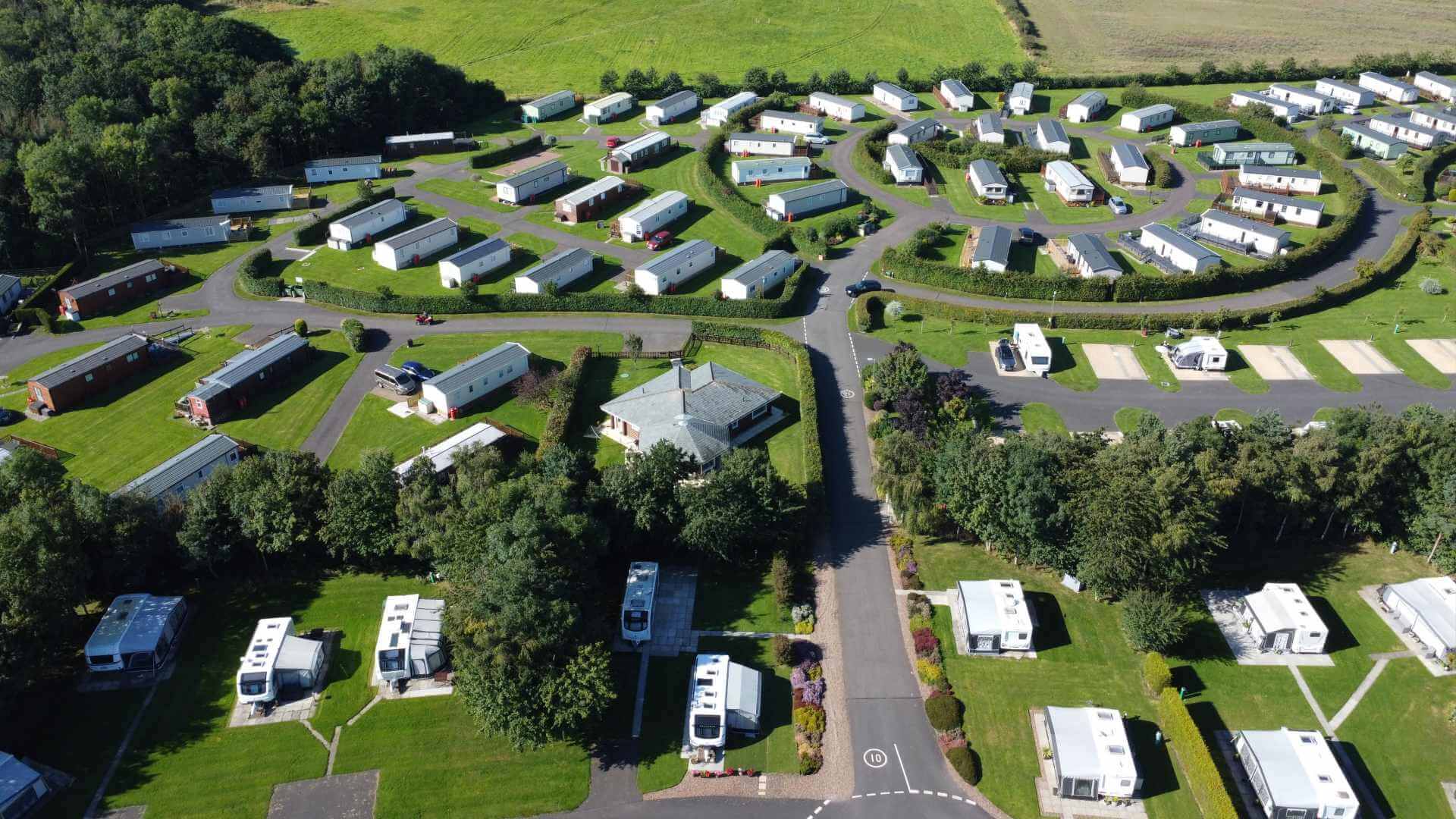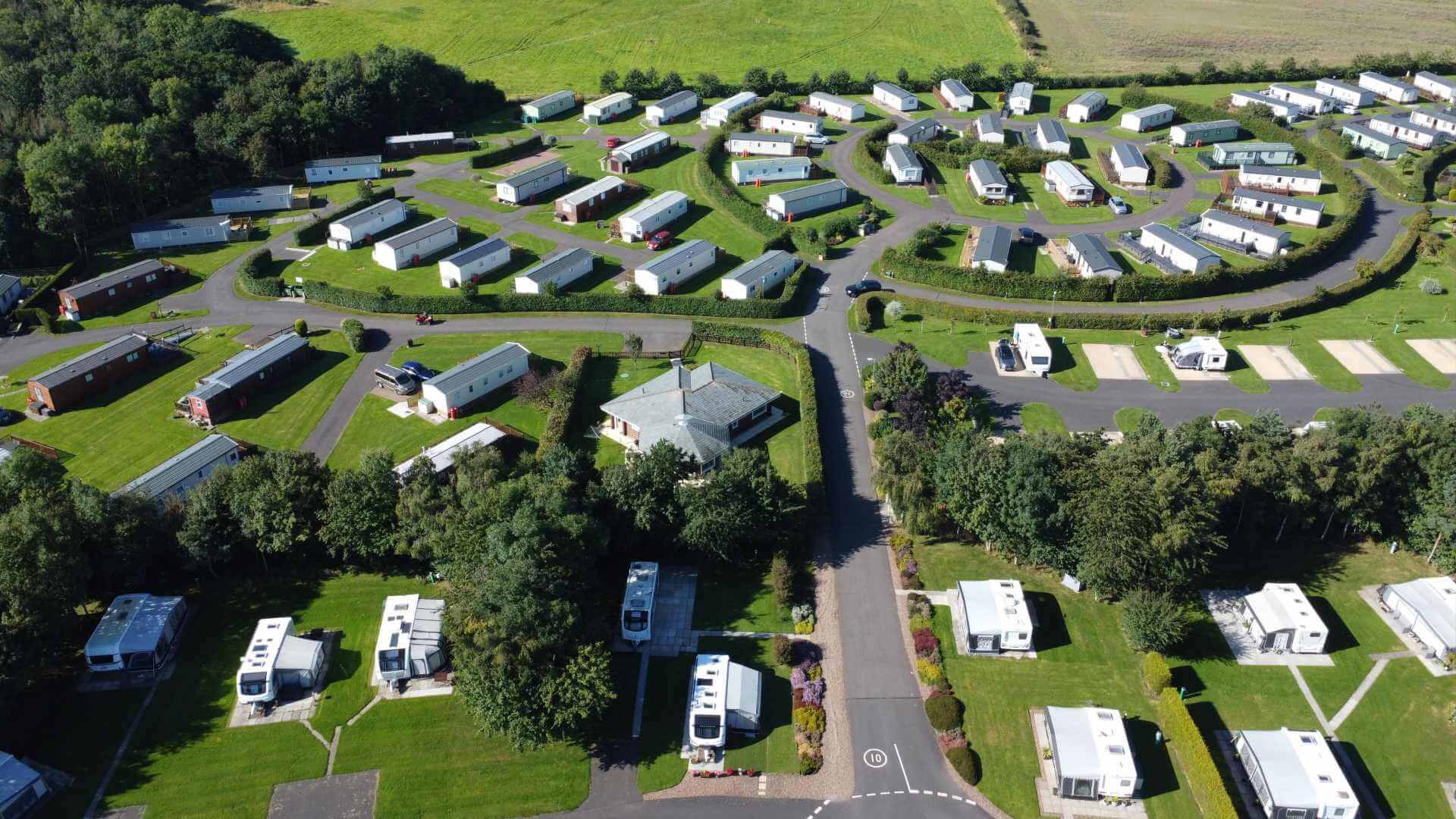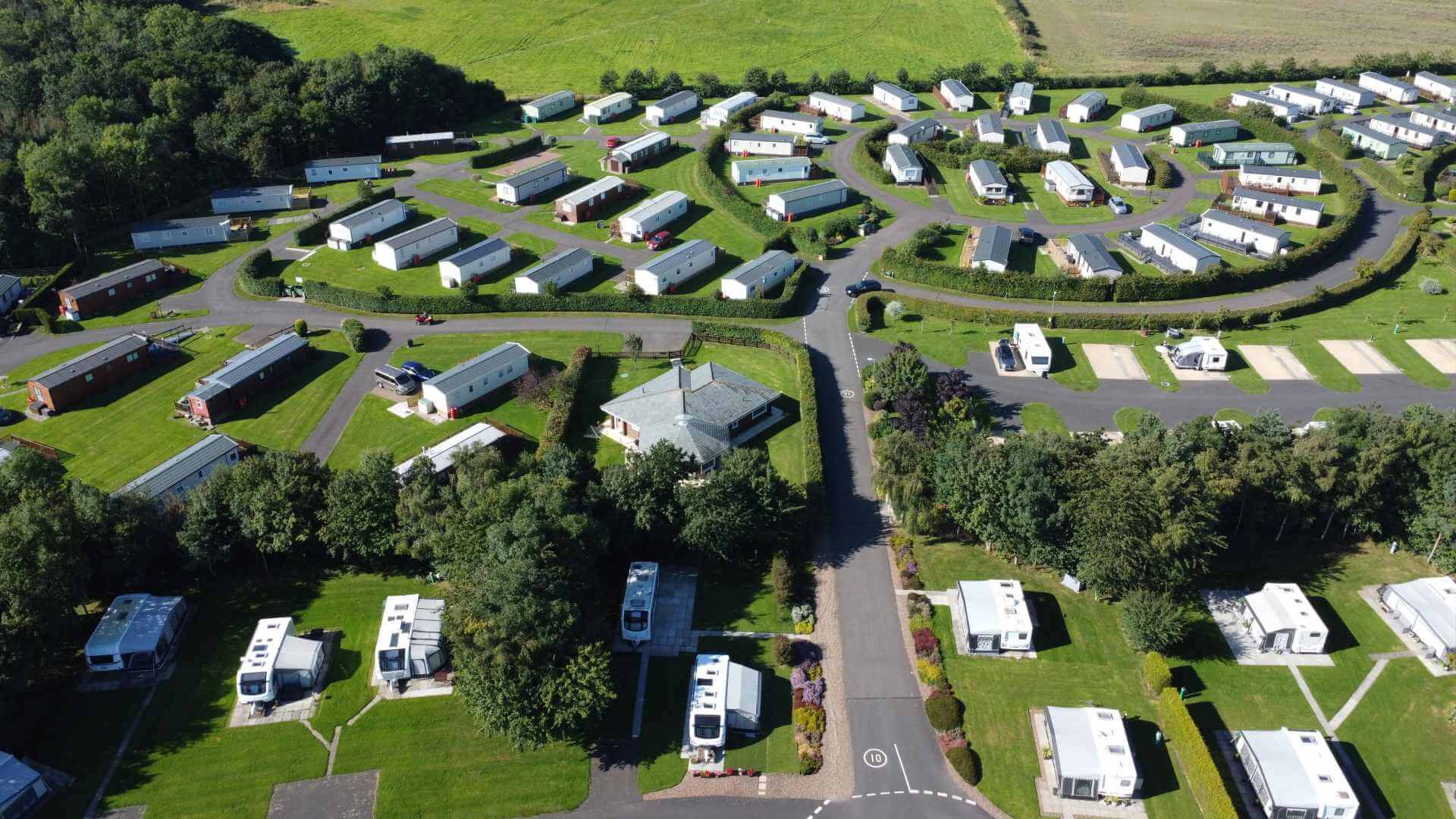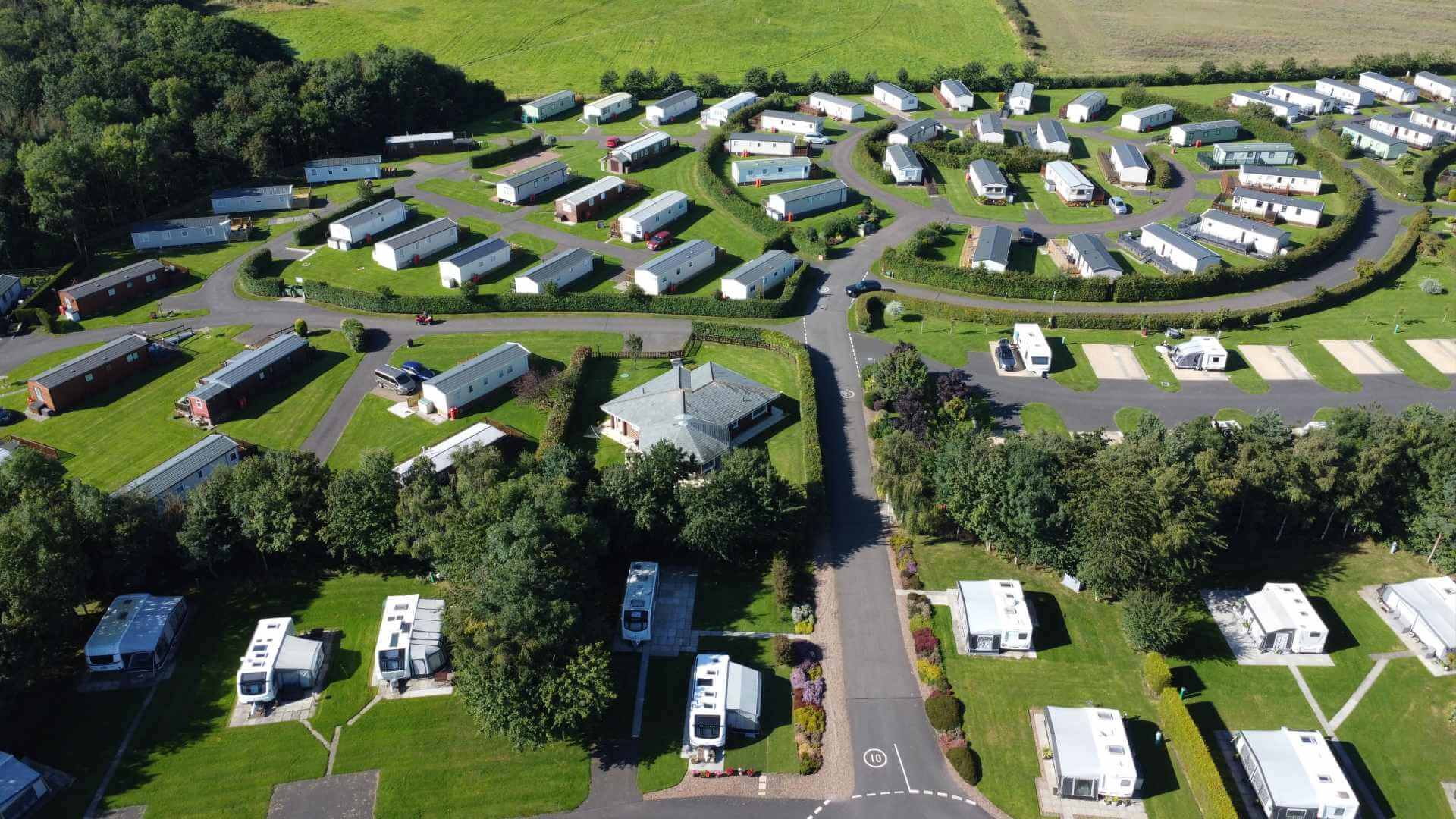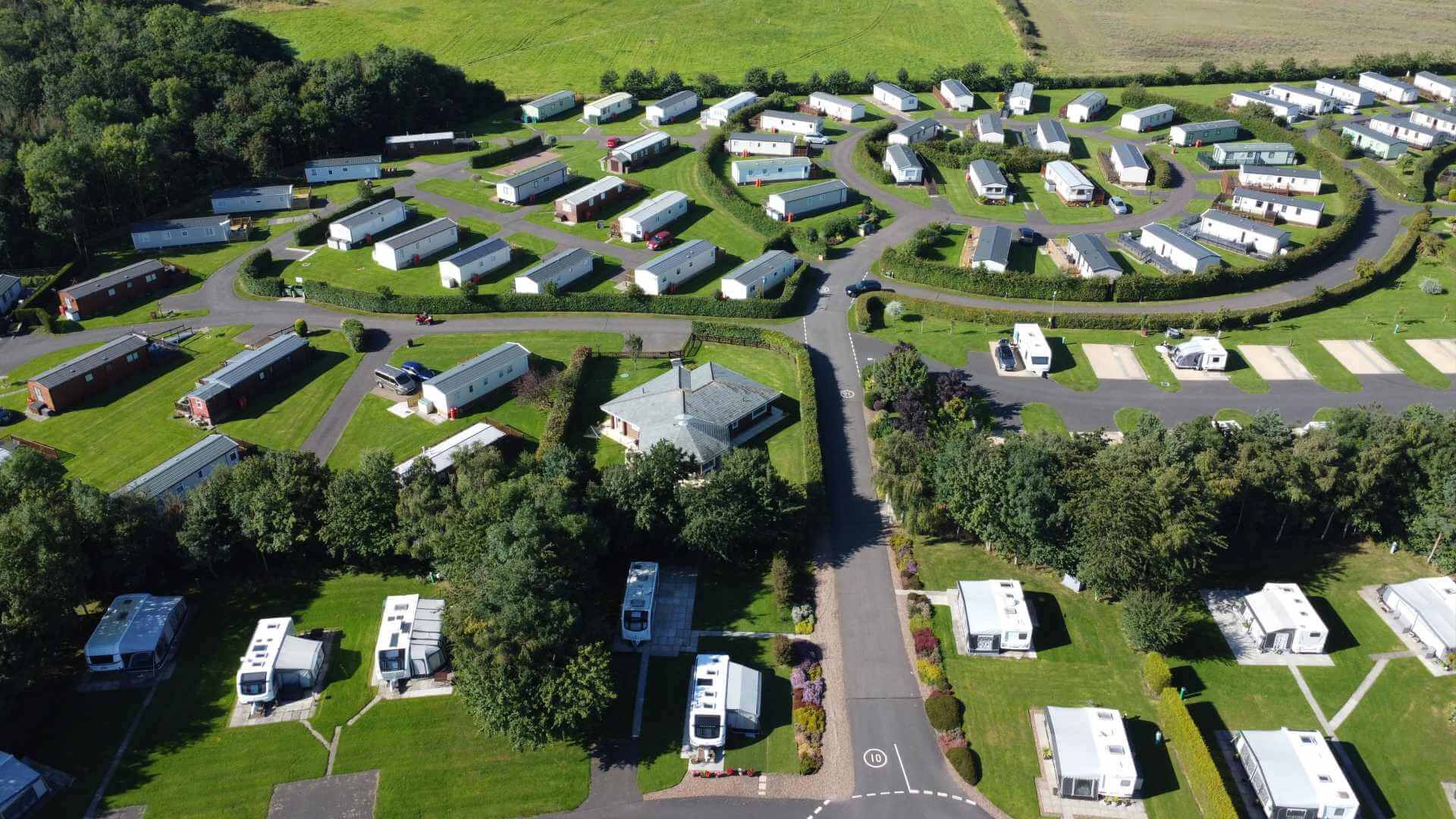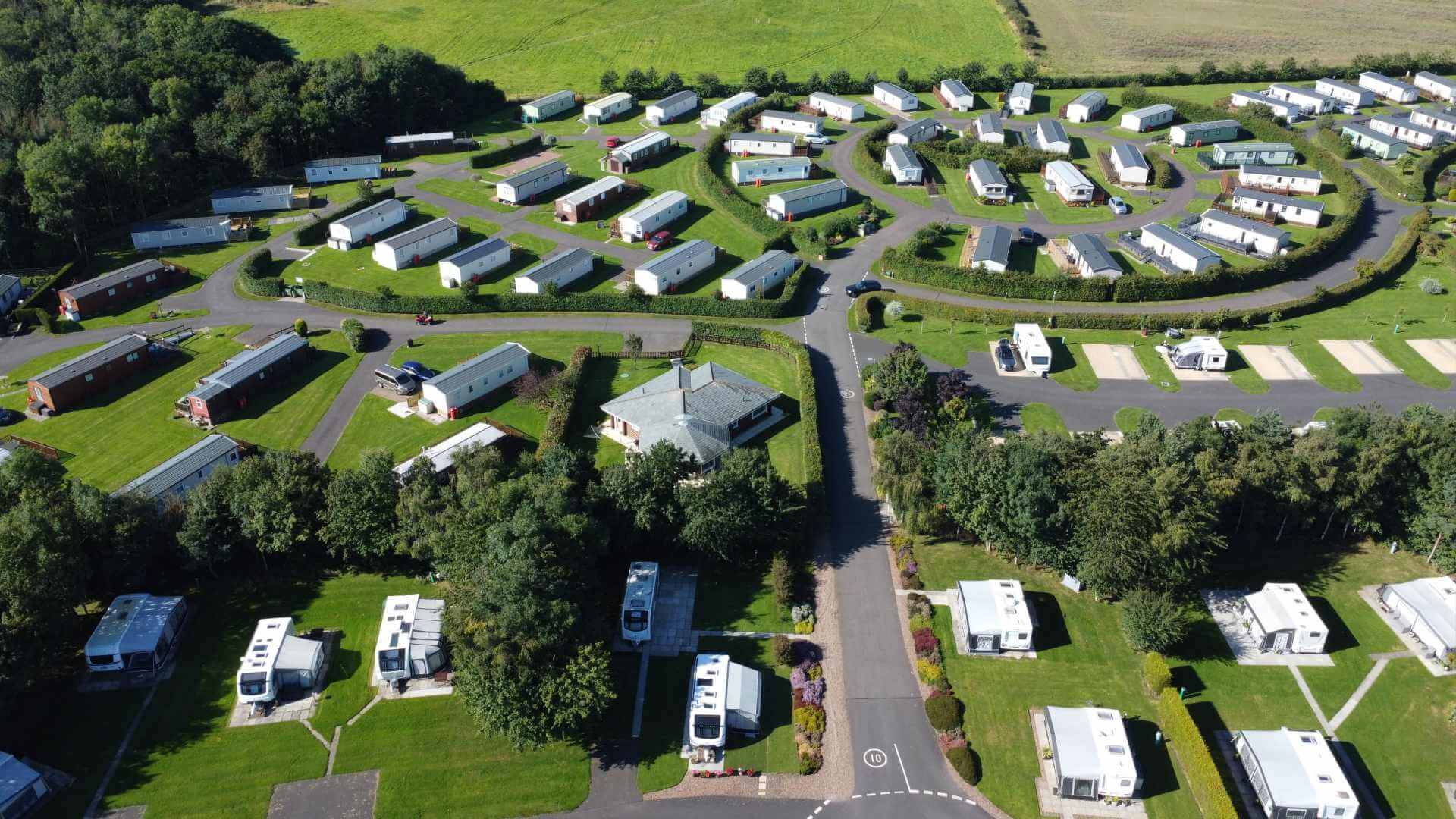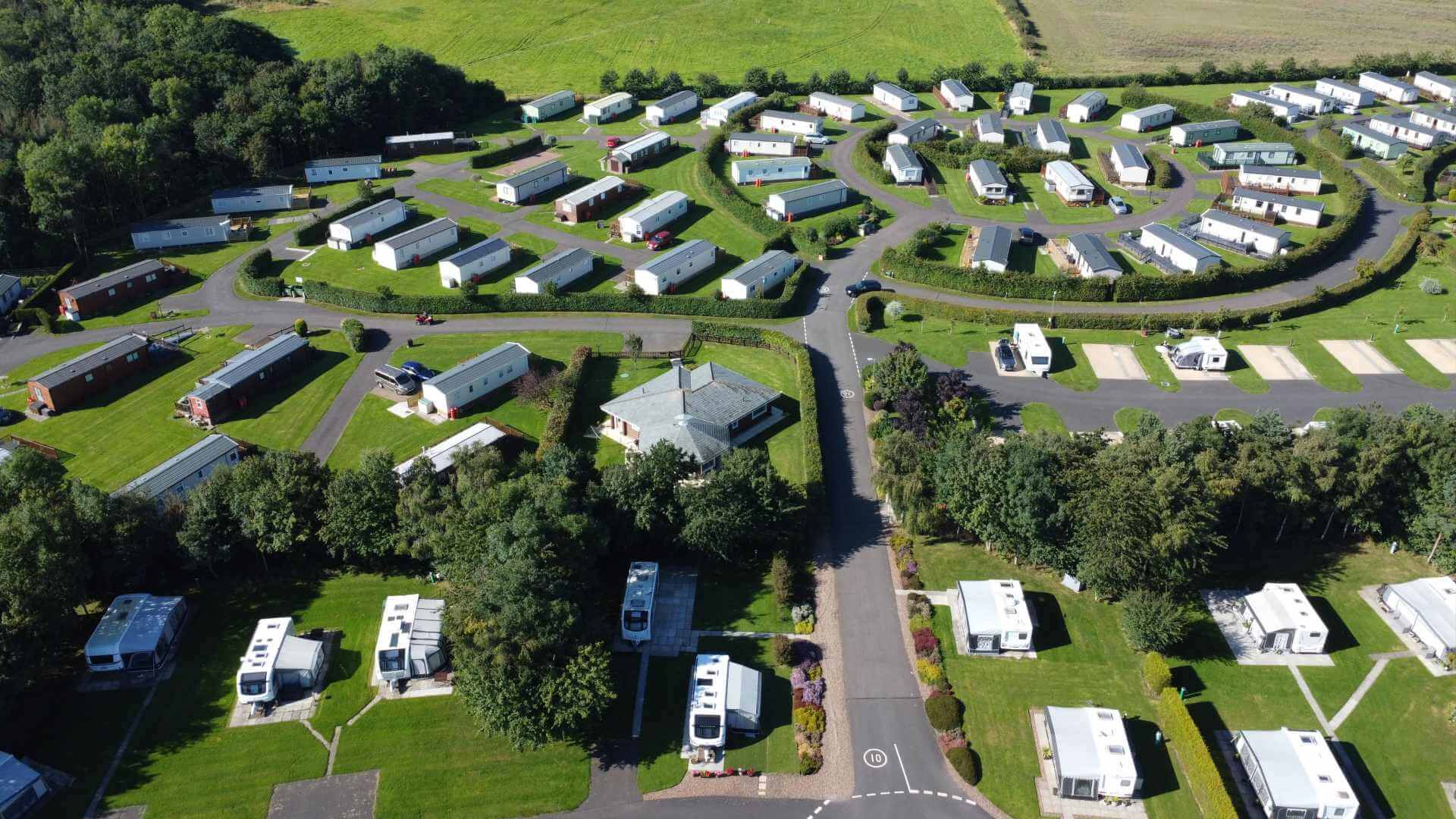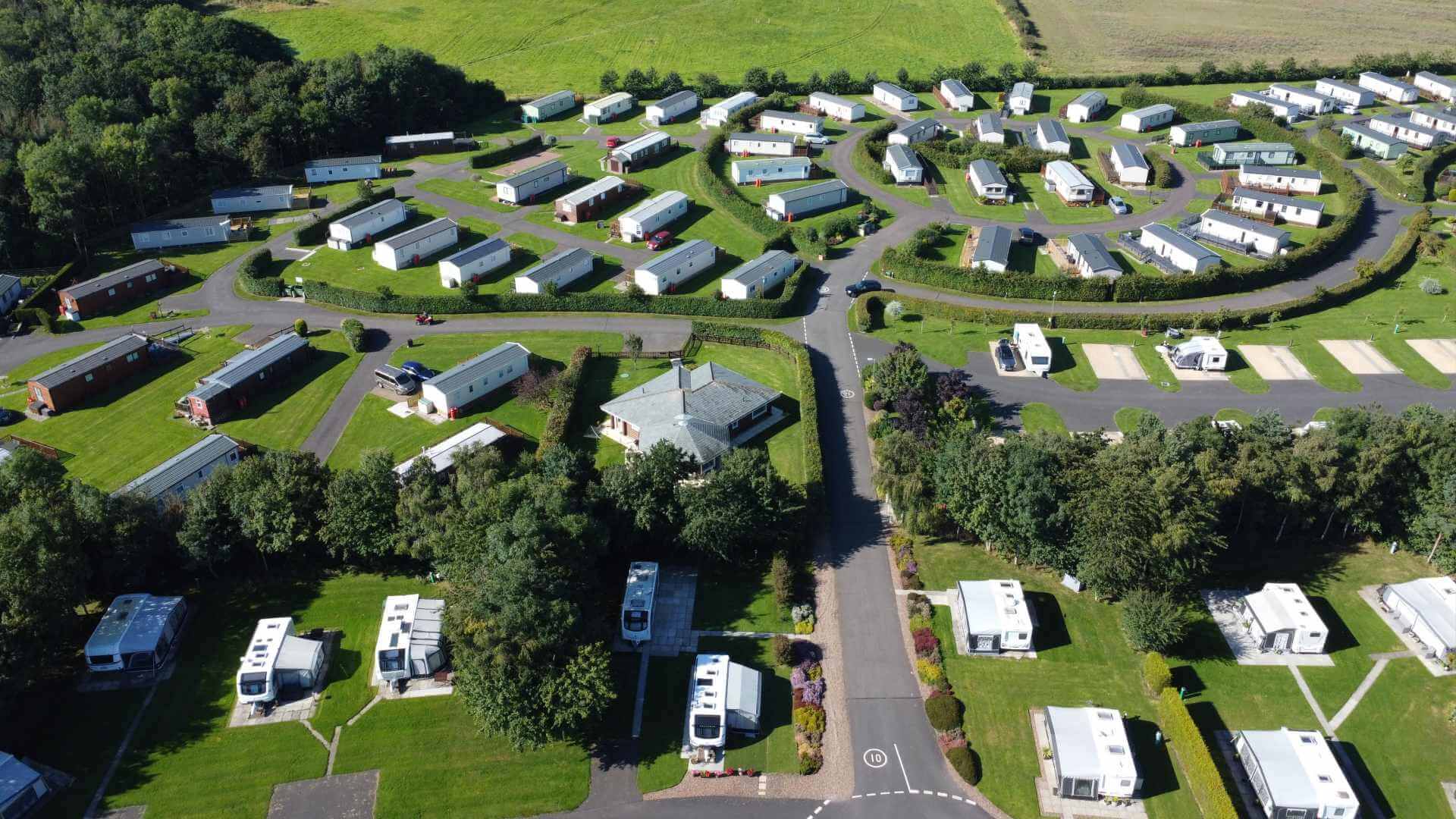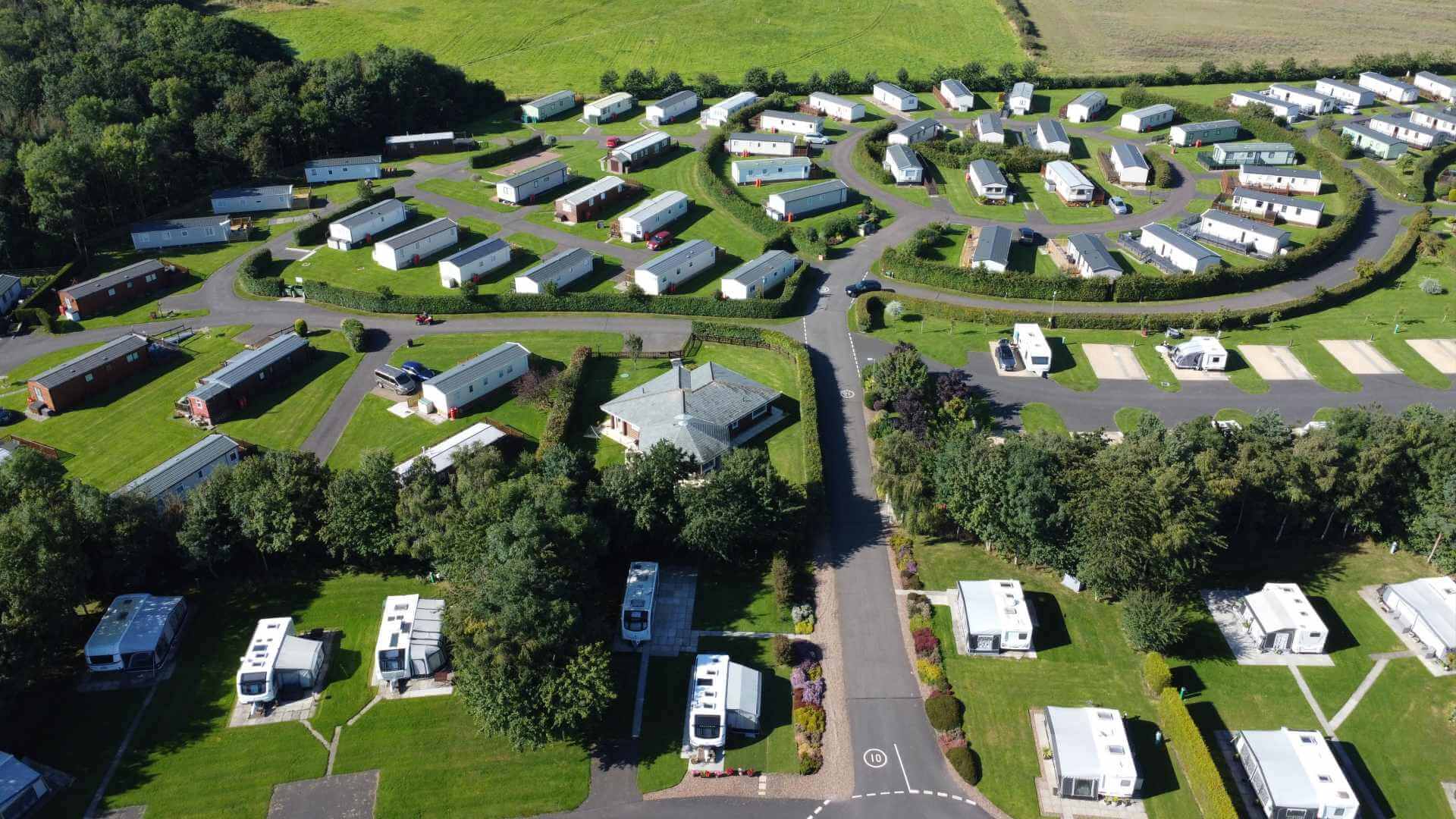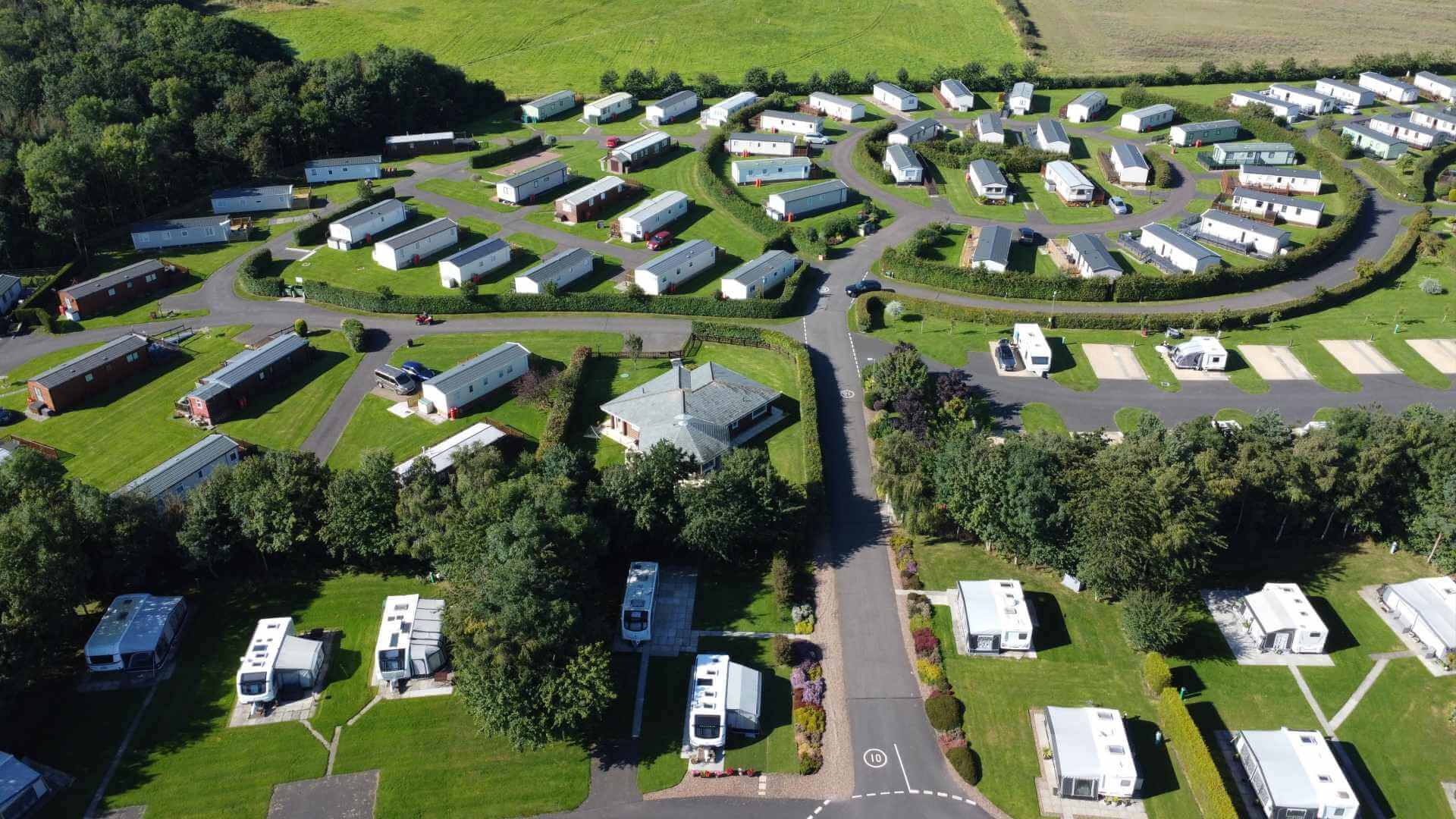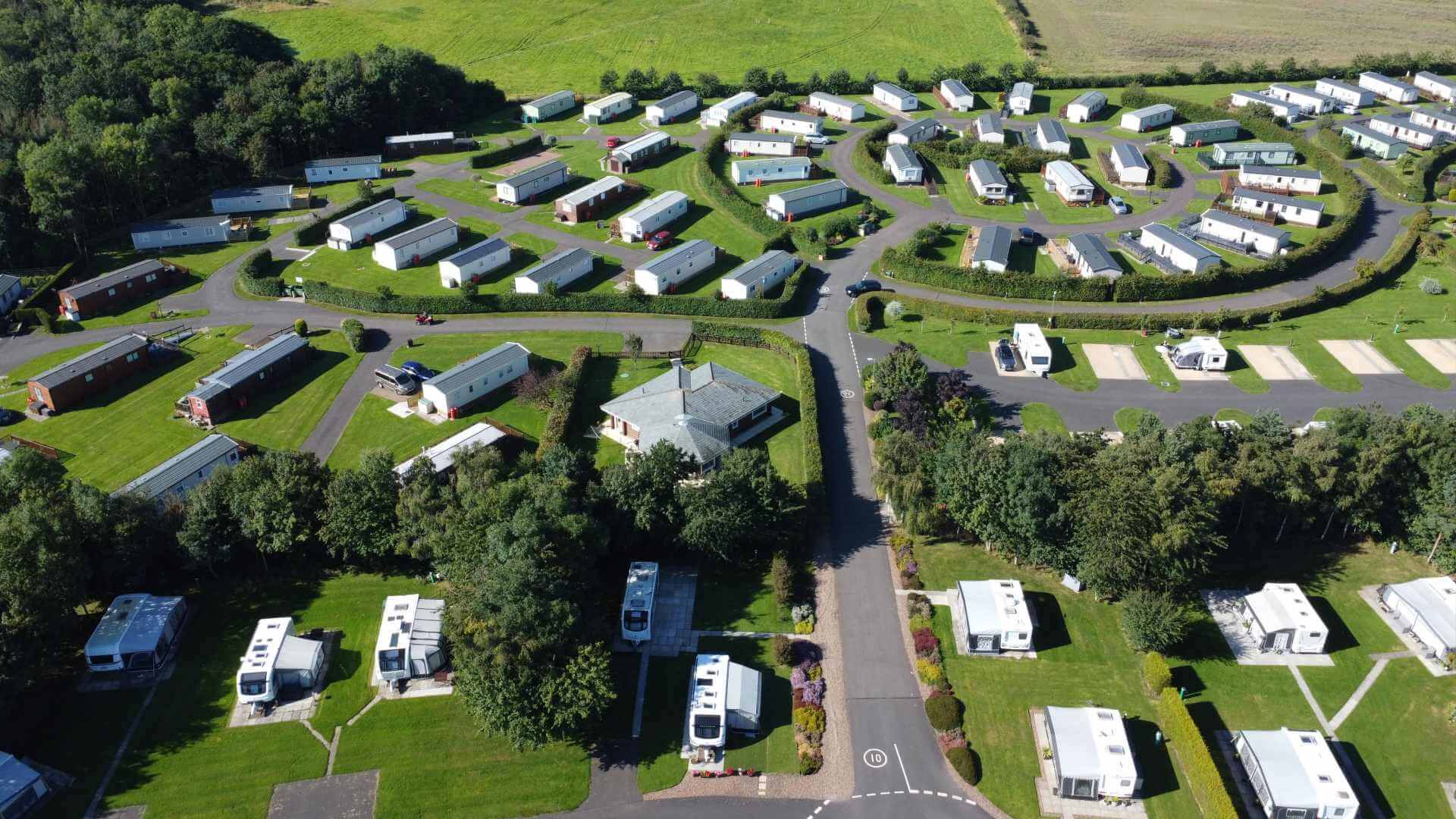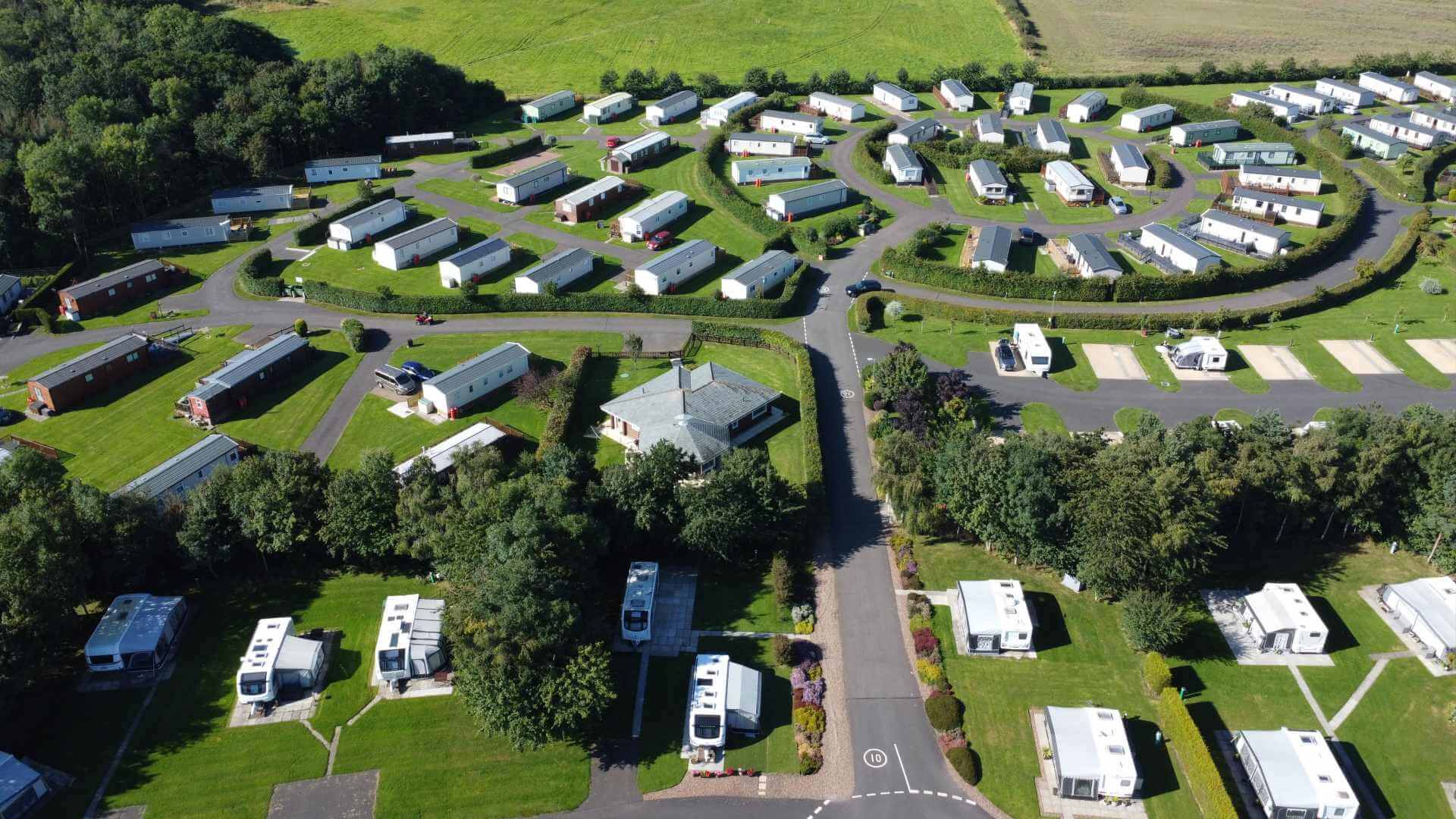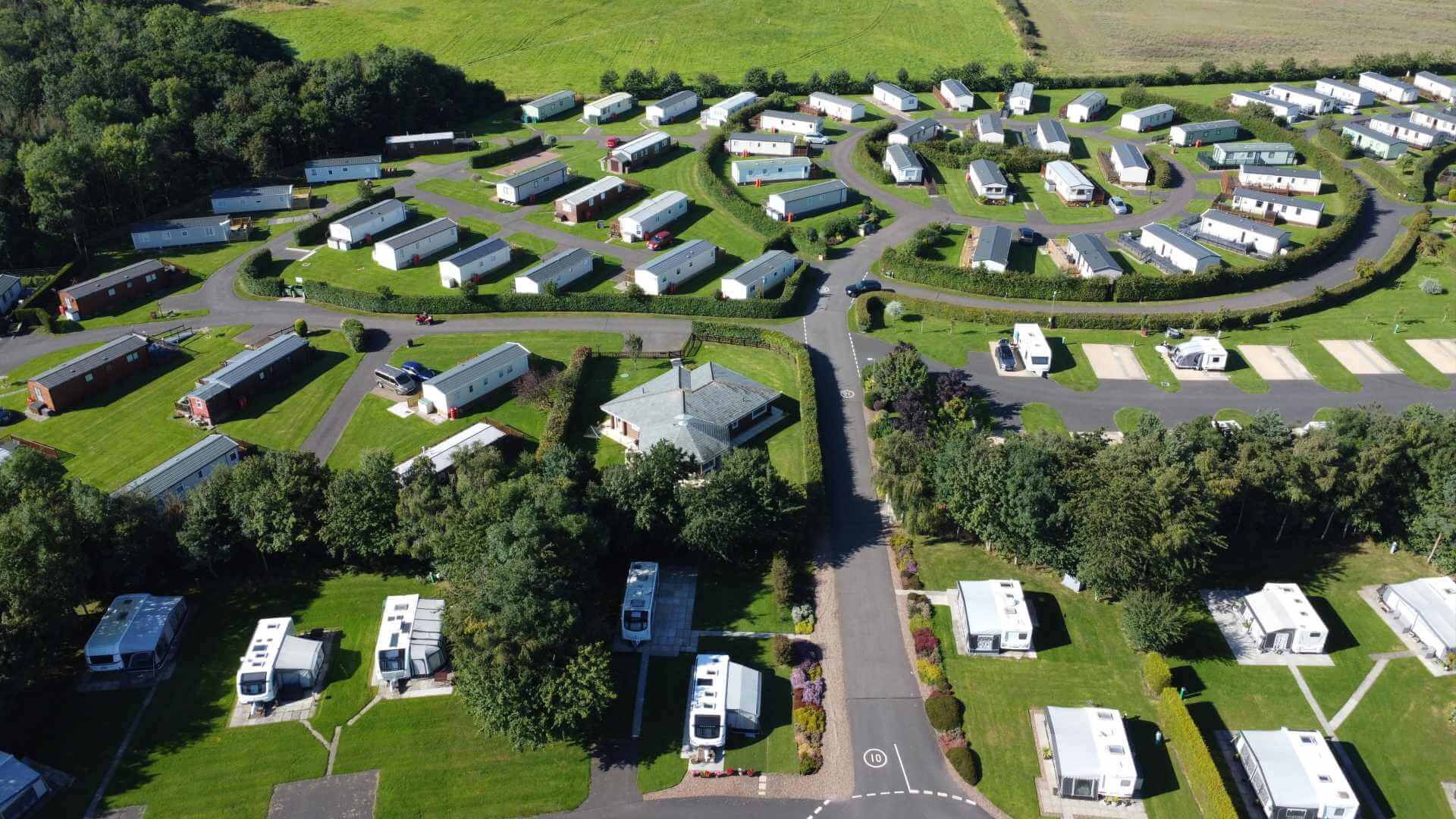Caravan parks and holiday parks face unique risks, with flooding being one of the most devastating threats to both business operations and …
Caravan Park Swimming Pool Insurance: Essential Coverage for Holiday Park Operators
Swimming pools are often the crown jewel of caravan parks, drawing families and holidaymakers seeking relaxation and fun. However, operating a swimming pool at your caravan park comes with significant risks and responsibilities that require specialized insurance coverage. Understanding the unique insurance needs of caravan park swimming pools is crucial for protecting your business, guests, and financial future.
Understanding Caravan Park Swimming Pool Risks
Caravan park swimming pools face distinct challenges that differ from residential or commercial pool facilities. The seasonal nature of operations, high guest turnover, and varying levels of swimming ability among users create a complex risk environment. Guest safety incidents, equipment failures, and seasonal maintenance issues can result in substantial claims that could devastate an unprotected business.
The combination of water-based activities and temporary accommodation creates unique liability exposures. Unlike private pools or hotel facilities, caravan park pools serve transient guests who may be unfamiliar with the facility's specific safety protocols and equipment. This unfamiliarity, combined with holiday excitement and relaxation, can increase the likelihood of accidents and incidents.
Key Coverage Areas for Caravan Park Swimming Pool Insurance
Public Liability Insurance
Public liability insurance forms the foundation of swimming pool coverage, protecting against claims from guests who suffer injuries while using the pool facilities. This includes slip and fall accidents on wet surfaces, diving injuries, near-drowning incidents, and injuries caused by faulty equipment or inadequate supervision. Coverage extends to legal defense costs and compensation payments, which can reach substantial amounts in serious injury cases.
Property Insurance
Property insurance protects the physical pool structure, filtration systems, heating equipment, and associated facilities such as changing rooms and pool houses. This coverage is essential for addressing damage from storms, vandalism, equipment failures, and seasonal weather conditions that can affect outdoor facilities. The specialized nature of pool equipment means replacement costs can be significant, making adequate coverage limits crucial.
Business Interruption Insurance
Business interruption insurance becomes particularly important for caravan parks where the swimming pool serves as a major attraction. If pool facilities become unusable due to covered damage, this insurance helps replace lost revenue from cancelled bookings and reduced occupancy rates. The seasonal nature of caravan park operations means that pool closures during peak periods can have devastating financial impacts.
Professional Indemnity Coverage
Professional indemnity coverage protects against claims arising from inadequate pool maintenance, chemical treatment errors, or failure to maintain proper safety standards. This includes coverage for incidents resulting from improper water chemistry, inadequate cleaning procedures, or failure to identify and address safety hazards.
Specialized Considerations for Caravan Park Pools
Seasonal Operations
Seasonal operations create unique insurance challenges that require careful consideration. Many caravan parks operate primarily during warmer months, meaning pools may be closed or have limited use during winter periods. Insurance policies must account for these operational variations while ensuring adequate coverage during peak usage periods.
Diverse User Base
The diverse range of pool users at caravan parks requires comprehensive safety protocols and insurance coverage. Unlike private clubs or hotels with regular users, caravan parks welcome guests of all ages and swimming abilities, from toddlers to elderly visitors. This diversity increases the potential for accidents and requires robust public liability coverage.
Chemical Storage and Handling
Chemical storage and handling present significant risks that require specialized coverage. Pool maintenance involves storing and using potentially hazardous chemicals for water treatment and cleaning. Proper storage facilities, handling procedures, and insurance coverage for chemical-related incidents are essential for safe operations.
Equipment and Infrastructure Protection
Filtration and Circulation Systems
Pool filtration and circulation systems represent substantial investments that require comprehensive property insurance coverage. These systems operate continuously during the swimming season and are subject to mechanical failures, electrical problems, and weather-related damage. Replacement costs for commercial-grade pool equipment can be substantial, making adequate coverage limits essential.
Heating Systems
Heating systems for pools extend the swimming season but also increase risk exposures. Whether using gas, electric, or solar heating systems, proper insurance coverage must address potential equipment failures, safety incidents, and property damage. The complexity of modern pool heating systems requires specialized knowledge for proper coverage assessment.
Safety Equipment
Safety equipment including pool alarms, emergency equipment, and rescue devices must be properly maintained and covered under insurance policies. Failure of safety equipment during an emergency can result in serious liability claims, making comprehensive coverage essential for all safety-related systems and equipment.
Regulatory Compliance and Insurance
Health and safety regulations governing public swimming facilities create additional insurance considerations for caravan park operators. Compliance with local authority requirements, health department standards, and industry safety guidelines is essential for maintaining insurance coverage and avoiding regulatory penalties.
Regular inspections and maintenance requirements must be documented and maintained to support insurance claims and demonstrate compliance with safety standards. Insurance policies may require specific maintenance schedules, safety protocols, and record-keeping procedures to maintain coverage validity.
Staff training and certification requirements for pool supervision and maintenance create additional considerations for insurance coverage. Properly trained staff reduce accident risks and demonstrate commitment to safety standards, potentially affecting insurance premiums and coverage terms.
Risk Management Strategies
Safety Protocols
Implementing comprehensive safety protocols significantly reduces insurance claims and demonstrates commitment to guest safety. This includes establishing clear pool rules, providing adequate supervision during operating hours, and maintaining proper safety equipment. Regular safety audits and staff training programs help identify potential hazards before they result in incidents.
Water Quality Management
Water quality management requires consistent monitoring and maintenance to prevent health issues and liability claims. Proper chemical treatment, filtration system maintenance, and regular water testing help ensure safe swimming conditions and reduce the risk of illness or injury claims.
Emergency Response
Emergency response procedures must be clearly established and regularly practiced to ensure effective response to pool-related incidents. This includes staff training for rescue procedures, first aid response, and emergency communication protocols. Well-prepared staff can minimize the severity of incidents and reduce potential liability exposures.
Seasonal Considerations and Coverage
Winter Closure Procedures
Winter closure procedures require specific attention to prevent damage during non-operational periods. Proper winterization, equipment protection, and security measures help prevent costly damage from freezing, vandalism, or equipment deterioration. Insurance coverage must address both operational and non-operational periods.
Spring Opening
Spring opening procedures involve comprehensive safety inspections, equipment testing, and facility preparation that can reveal maintenance needs or safety issues. Insurance coverage should address the transition periods when facilities are being prepared for seasonal operations and potential issues are discovered.
Peak Season Operations
Peak season operations create maximum exposure to liability claims due to high usage levels and increased guest activity. Adequate staffing, enhanced safety protocols, and comprehensive insurance coverage become crucial during these high-risk periods.
Claims Management and Prevention
Incident documentation and reporting procedures are essential for effective claims management and insurance coverage maintenance. Detailed records of accidents, near-misses, and safety concerns help support insurance claims and identify areas for improvement in safety protocols.
Regular maintenance records demonstrate commitment to facility safety and support insurance claims when equipment failures occur. Comprehensive documentation of inspections, repairs, and preventive maintenance helps establish that proper care was taken to prevent incidents.
Guest communication and safety education help reduce accident risks and demonstrate reasonable care in facility operations. Clear signage, safety briefings, and written safety information help ensure guests understand pool rules and safety requirements.
Choosing the Right Insurance Provider
Selecting an insurance provider with experience in caravan park and swimming pool coverage ensures proper understanding of unique risk exposures and coverage needs. Specialized knowledge of seasonal operations, guest liability issues, and equipment requirements is essential for adequate protection.
Policy terms and conditions must be carefully reviewed to ensure coverage adequately addresses the specific risks associated with caravan park swimming pool operations. Standard commercial insurance policies may not provide adequate coverage for the unique exposures faced by holiday park operators.
Claims handling experience and reputation are crucial factors when selecting insurance providers. The ability to handle complex liability claims and equipment damage efficiently can significantly impact business operations and financial outcomes.
Cost Factors and Coverage Optimization
Pool Size and Capacity
Pool size and capacity directly impact insurance premiums and coverage requirements. Larger facilities with higher guest capacity create greater liability exposures and require higher coverage limits. Accurate assessment of facility capacity and usage patterns is essential for proper coverage determination.
Safety Features
Safety features and risk management programs can positively impact insurance premiums and coverage terms. Investment in safety equipment, staff training, and comprehensive safety protocols demonstrates commitment to risk reduction and may result in more favorable insurance terms.
Claims History
Claims history significantly affects insurance costs and coverage availability. Maintaining a clean claims record through effective risk management and safety protocols helps ensure continued coverage availability at reasonable costs.
Future Considerations and Emerging Risks
Changing regulations and safety standards require ongoing attention to ensure continued compliance and insurance coverage validity. Regular review of regulatory requirements and insurance policy terms helps identify necessary updates or coverage modifications.
Technology improvements in pool safety and monitoring systems offer opportunities to reduce risks and potentially improve insurance terms. Investment in modern safety equipment and monitoring systems demonstrates commitment to guest safety and risk reduction.
Climate change impacts on seasonal operations and extreme weather events may affect future insurance coverage and costs. Consideration of changing weather patterns and their impact on facility operations helps ensure adequate coverage for emerging risks.
Conclusion
Caravan park swimming pool insurance requires specialized coverage that addresses the unique risks associated with seasonal operations, diverse guest populations, and complex facility requirements. Comprehensive coverage including public liability, property protection, business interruption, and professional indemnity insurance provides essential protection for caravan park operators.
Effective risk management, regulatory compliance, and proper insurance coverage work together to protect caravan park swimming pool operations from financial losses and liability exposures. Regular review of coverage needs, safety protocols, and risk management procedures ensures continued protection as operations evolve and risks change.
Working with experienced insurance providers who understand the caravan park industry ensures access to appropriate coverage options and expert guidance for managing complex risk exposures. Investment in comprehensive insurance coverage and effective risk management protects both business operations and the safety of guests who rely on caravan park facilities for memorable holiday experiences.


 0330 127 2333
0330 127 2333
